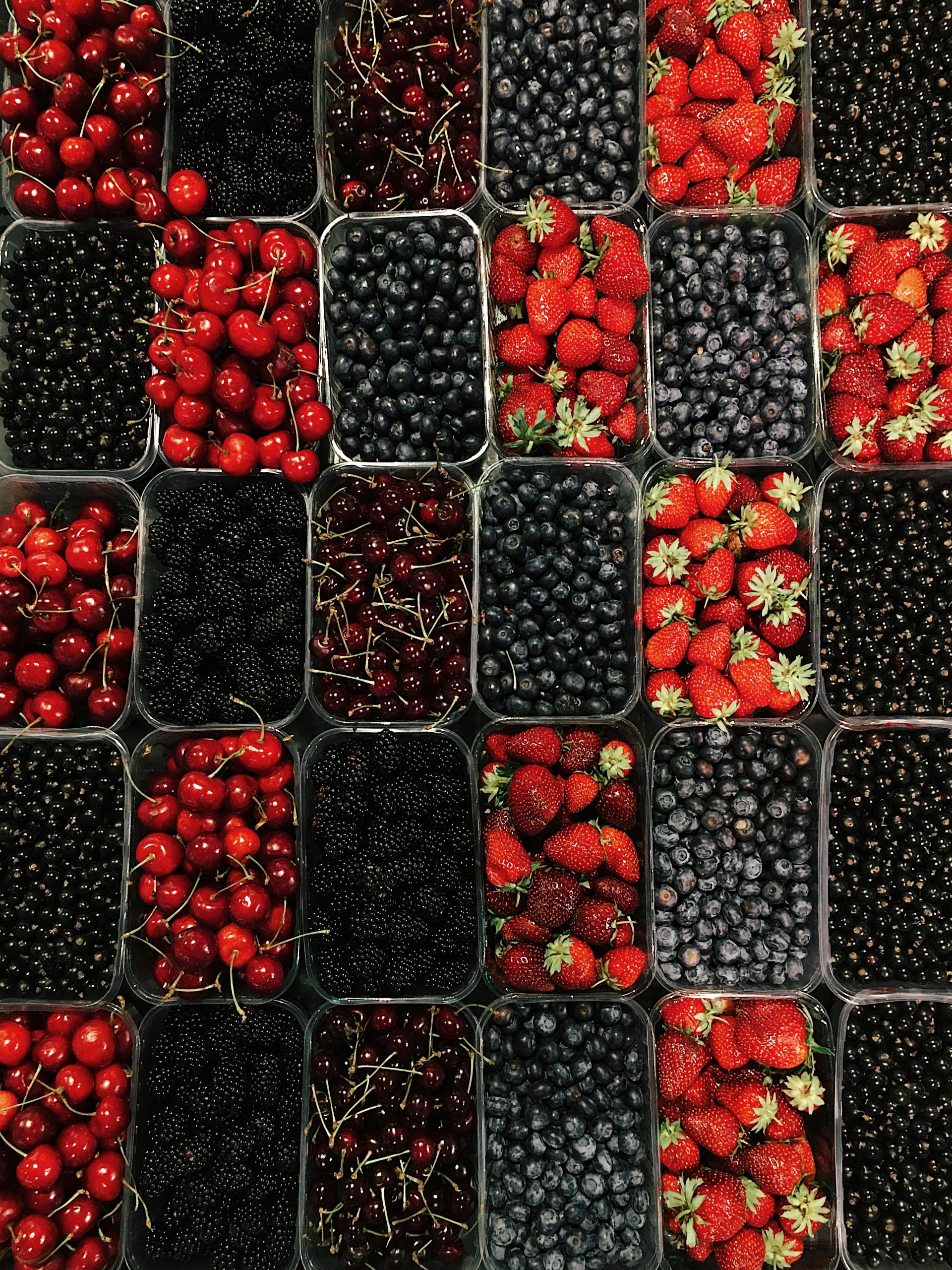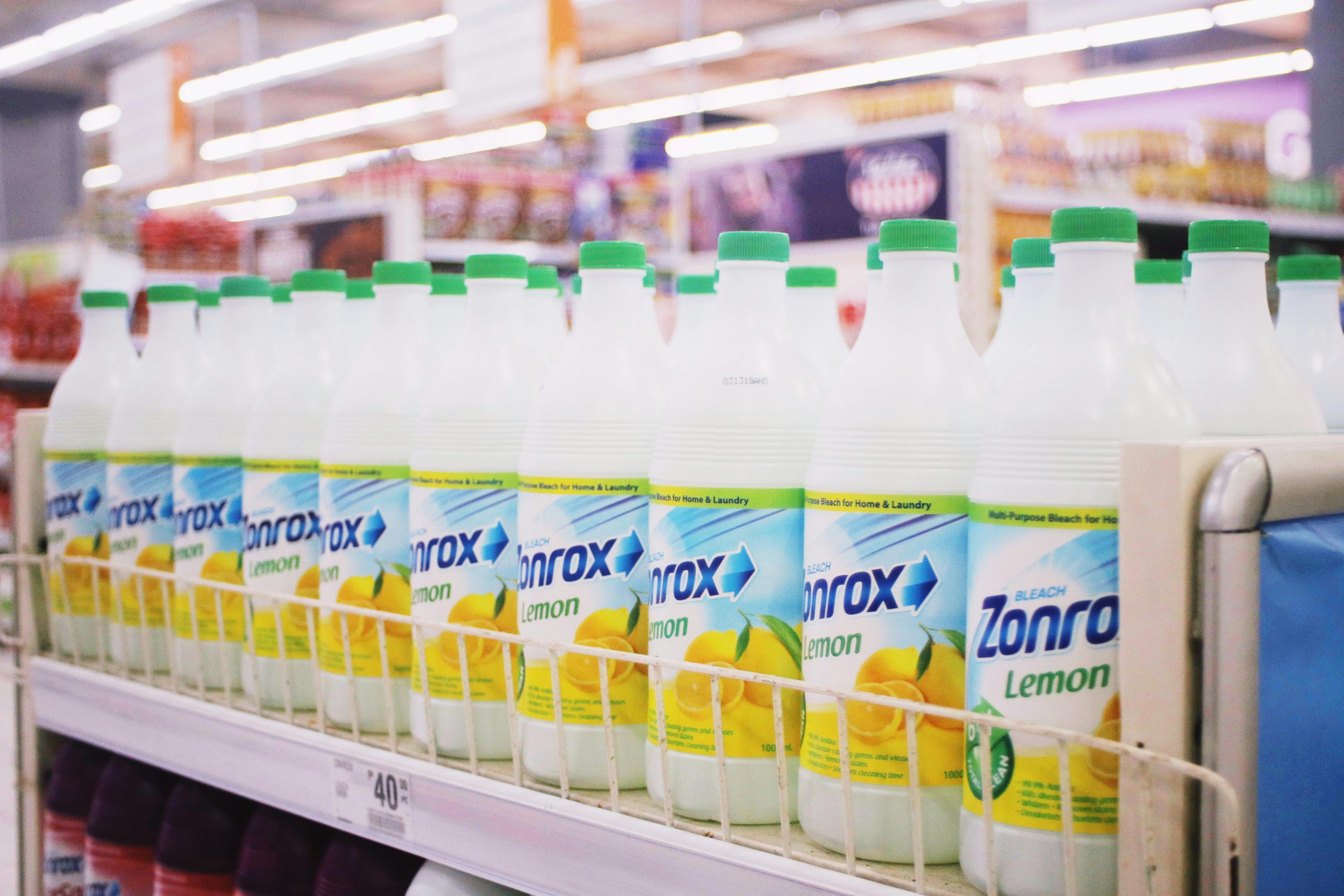Buying in bulk often seems like the ultimate money-saving strategy. Warehouse clubs and supermarket bulk sections promise lower unit prices on large quantities of food and household goods. For many items, this is true and leads to significant savings. However, not every bulk purchase is a smart financial move. Some items, when bought in massive quantities, can lead to waste due to spoilage, degradation, or simply not being used before they become undesirable. This negates the initial savings. Understanding which bulk buys can backfire helps you shop more effectively. Here are 10 types of bulk purchases that might be a waste of money for many households.

1. Fresh Produce with Short Shelf Lives (Unless You Have a Plan)
Buying a huge flat of berries, a massive bag of spinach, or a giant container of pre-cut fruit at a low unit price is tempting. However, these highly perishable items will spoil quickly if not consumed within a few days. Unless you have a large family that will eat them fast, or a concrete plan to freeze, can, or dehydrate the excess immediately, much of it could end up wasted.
2. Cooking Oils in Extremely Large Containers
While cooking oils are staples, they can go rancid over time, especially after being opened or if not stored properly in a cool, dark place. Polyunsaturated oils (like sunflower or corn oil) are particularly susceptible. A giant jug of oil might seem economical, but if it turns rancid before you use it all, you’ve wasted both oil and money. Buy sizes you can realistically use within a few months.
3. Spices and Herbs (Especially Ground Varieties)
Ground spices and dried herbs lose their potency and flavor relatively quickly, often within 6-12 months. Buying them in very large bulk containers, even at a lower per-ounce price, usually means you’ll be using stale, flavorless seasonings long before the container is empty. It’s better to buy smaller amounts of fresh, vibrant spices more frequently, or buy whole spices and grind them yourself.
4. Whole Grain Flours and Brown Rice (If Not Stored Properly)
Whole grain flours (like whole wheat or rye) and brown rice contain oils in their bran and germ that can go rancid. Their shelf life at room temperature is shorter than refined white flour or white rice, typically only a few months. Buying these in very large bulk quantities without proper airtight storage in a cool place (or freezer for long-term) can lead to off-flavors and waste.
5. Nuts and Seeds in Unmanageable Quantities
Nuts and seeds are nutrient-dense but also high in oils that can turn rancid, especially once shelled or if exposed to air and light. A massive bag from a warehouse club might seem like a deal, but if they go bad before you can eat them all, the savings are lost. Consider buying smaller bags or storing large bulk purchases in the freezer to extend freshness.
6. Condiments and Sauces You Use Infrequently
That giant bottle of a unique hot sauce, specialty mustard, or exotic marinade might be a great unit price. However, if it’s a condiment you only use occasionally, it could expire or lose its quality sitting in your refrigerator door for months or years. Be realistic about how quickly you’ll use up less common sauces before buying them in super-sized containers.
7. “Healthy” Snack Foods in Bulk (If They Lead to Overeating)
Buying large boxes of “healthy” granola bars, whole-grain crackers, or dried fruit snacks seems like a good idea. However, having a huge quantity readily available can sometimes lead to overconsumption rather than mindful portioning. If buying in bulk results in eating more than you normally would, the cost savings (and health benefits) can be negated.
8. Liquid Bleach or Certain Cleaning Supplies

Liquid bleach has a shelf life of about 6-12 months, after which it starts to lose its disinfecting effectiveness. Some other specialized cleaning products can also degrade over time. Buying enormous jugs of these items might mean they become less potent before you can use them all, reducing their value and efficacy. Buy quantities you expect to use within their effective period.
9. Trendy Health Foods or Supplements in Large Sizes
If you’re trying a new trendy health food, protein powder, or dietary supplement for the first time, avoid buying it in the largest available bulk size, even if the unit price is tempting. You might discover you don’t like the taste, it doesn’t agree with you, or you don’t see the benefits you hoped for. Start with a smaller size to test it out first.
10. Anything Your Family Won’t Realistically Eat or Use
This seems obvious, but it’s a common pitfall. A fantastic bulk deal on a food item your family dislikes, or a household product you rarely use, is never a good value, no matter how low the unit price. Buying something just because it’s cheap in bulk, without considering actual household needs or preferences, inevitably leads to wasted money and clutter. Know your family’s habits.
Smart Bulk Buying is Selective
Buying in bulk can be a powerful strategy for saving money, but it requires careful consideration and selectivity. Not every item is suitable for bulk purchase for every household. Before committing to a large quantity, honestly assess your family’s consumption rate, available storage space, the item’s true shelf life, and the risk of spoilage or degradation. The goal of bulk buying is to save money on items you consistently use, not to accumulate unusable products or create food waste. Thoughtful, selective bulk purchasing is key to making it a truly economical practice.
What bulk buys have you found to be a waste of money in your experience? What are your personal rules for deciding whether to buy an item in bulk? Share your insights!
Read More
6 Potential Downsides of Buying Bulk Rice (And When It Makes Sense)
12 Foods You Should Always Buy in Bulk
The post 10 Bulk Buys That Are Actually a Waste of Money appeared first on Grocery Coupon Guide.







